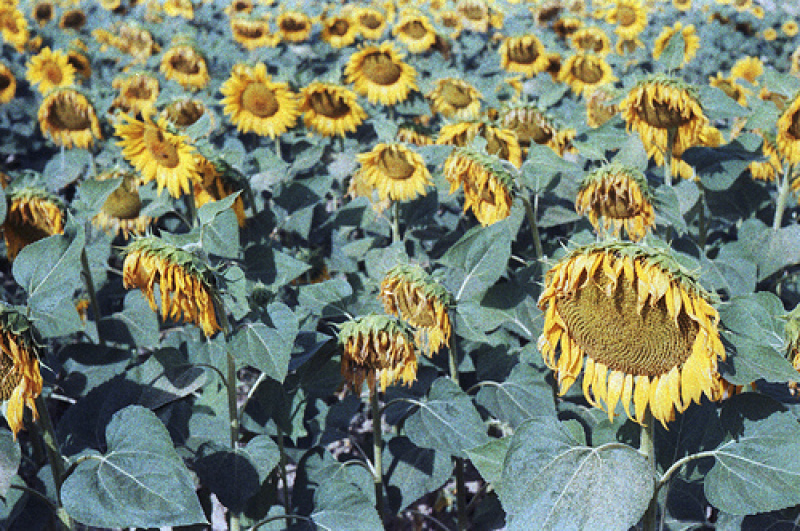
Researchers from the University of California-Riverside have found a way to make plants effectively resist the destructive effects of droughts, Maine News Online reported.
The process involves altering the biological characteristics of crops and administering a type of chemical used in agricultural procedures.
The study was conducted in response to the millions of dollars in damages to the agricultural industry caused by droughts. Researchers explained that rising temperatures and shortages in the water supply often lead to crops drying up and dying.
For the study, the researchers first looked at how plants naturally adapt to dry environmental conditions. During such situations, a plant produces a stress hormone in the form of an acid to control and limit its water consumption. The acid does this by holding back the plant's growth and closing its leaves.
Although farmers could turn to an artificial version of the acid stress hormone, developing it is expensive and takes a long time to complete.
As an alternative solution, researchers pointed out that agrochemical mandipropamid could be used to stimulate and strengthen a plant's natural defense against droughts. Using agrochemical mandipropamid is cheaper since the agricultural industry is already using it to protect crops from damages.
To ensure the effectiveness of the chemical, researchers took a plant and modified its biological functions through a synthetic method. Through this procedure, the researchers were able to program the plants' receptors to react to agrochemical mandipropamid in the same way as they would when the natural acid stress hormone is released.
The results of the experiment showed that the application of the agrochemical mandipropamid on the modified plants extended their lifespan in dry conditions by improving their natural reaction to drought.
"We successfully repurposed an agrochemical for a new application by genetically engineering a plant receptor," Sean Cutler, lead author of the study and a botany and plant sciences associate professor at the university said in a statement.
"We anticipate that this strategy of reprogramming plant responses using synthetic biology will allow other agrochemicals to control other useful traits - such as disease resistance or growth rates, for example," he added.
The study conducted by Cutler's team was published in the peer-reviewed scientific journal Nature.


















